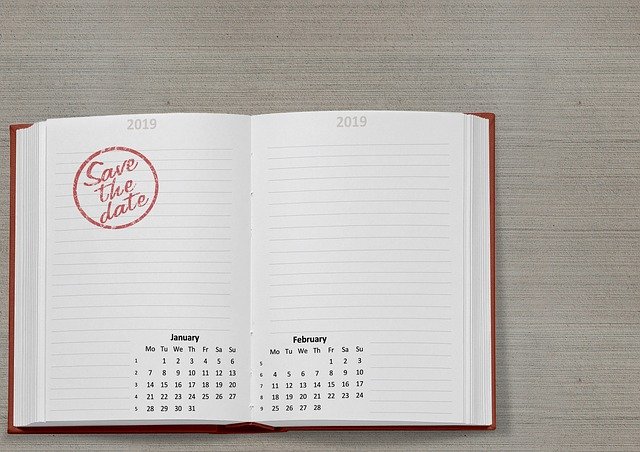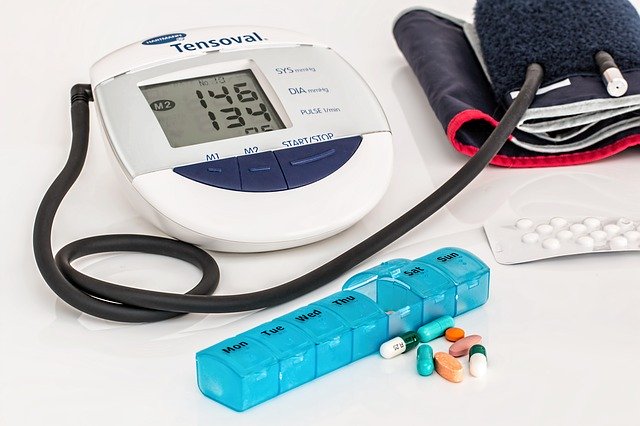Do You Have To Have Health Insurance? The Risks of Not Having Insurance
Do you have to have health insurance? Paying health premiums can sometimes be financially overburdening especially if you have other mandatory financial obligations like having to pay off your student loan debt.
And if you are young and healthy, having to pay premiums every month for something you will not need immediately can even seem unnecessary. This then leads to the question: do you have to have health insurance?
Generally, to understand the answers to this question, you have to understand the effect of the Affordable Care Act, and the rule changes that have happened since then.
Also, since states have the power to make rules regarding healthcare, they too have a say on the consequences of having health insurance.
The Affordable Care Act and the effect of not having health insurance
The main reason why The Affordable Care Act came into place was to increase access to health care. It did this by making it easier for people to qualify for Medicaid.
It also tried to make health care insurance more affordable by offering several cost-reducing subsidies. Unfortunately, it also came with an additional rule that imposed a tax penalty for anyone that did not have health insurance.
Therefore, under this law, it was effectively a must for everyone to have health insurance because if you failed to have it, you were given a financial punishment that came in the form of a tax penalty.
However, it is important to note that under this law, there were exemptions in that not everyone had to have health insurance. These exemptions apply to people who faced specified hardships.
These hardships ranged from financial hardships to hardships that simply involved certain life events. Therefore, people who qualified for these exemptions didn’t have to have health insurance. Their failure to have coverage did not invite a financial penalty.
The rule after January 2019

Do you have to have health insurance? The rule changed as of January 2019
Things changed after January 2019 in that the consequences of not having to have health insurance were removed.
As a result, health insurance coverage was no longer mandatory and one could simply opt-out of the burden of paying premiums without the fear of facing a tax penalty.
However, while this penalty mandate no longer exists, it doesn’t necessarily mean that everyone is off the hook.
This is because states can make their own healthcare rules. Therefore, even if the federal government does not essentially make it mandatory to have health insurance, a state can do so.
Therefore, you should check up on your state laws before assuming that there isn’t a requirement to have this form of insurance. This is so especially if you reside in Vermont, New Jersey, Massachusetts, or California.
Why would anyone want to opt-out of having health insurance coverage?
The main reason why not having health insurance can seem attractive is that one will not have the obligation to pay off monthly premiums.
It essentially leaves you with a little more money to spend, save or take care of your debts at the end of the month. This is something that can be attractive especially if you don’t earn as much money.
There are also circumstances where negotiating your health care costs can prove to be cheaper.
As a result, paying out of pocket, instead of relying on insurance coverage, can sometimes be a financially rewarding decision since doctors and hospitals sometimes offer discounts, and negotiating with them could give you cheaper rates.
The danger of not having health insurance coverage

Do you have to have health insurance? The risks of not having insurance
While paying for monthly health insurance premiums might seem financially draining, it is nothing compared to the financial disaster that skyrocketing medical bills can have on your life.
Getting covered gives you a layer of security, and it always comes in handy in helping to ensure that you get the medical care that you need irrespective of your financial standing.
Essentially, without getting coverage from a good health insurance provider, you are always one illness or accident away from getting financially drained.
While paying out-of-pocket might sometimes get you savings, this is rare.
In most cases, when you add the cost of insurance and compare it to the medical bills that your insurer ends up covered in case of a serious illness or severe injury, it is financially prudent to get coverage.
